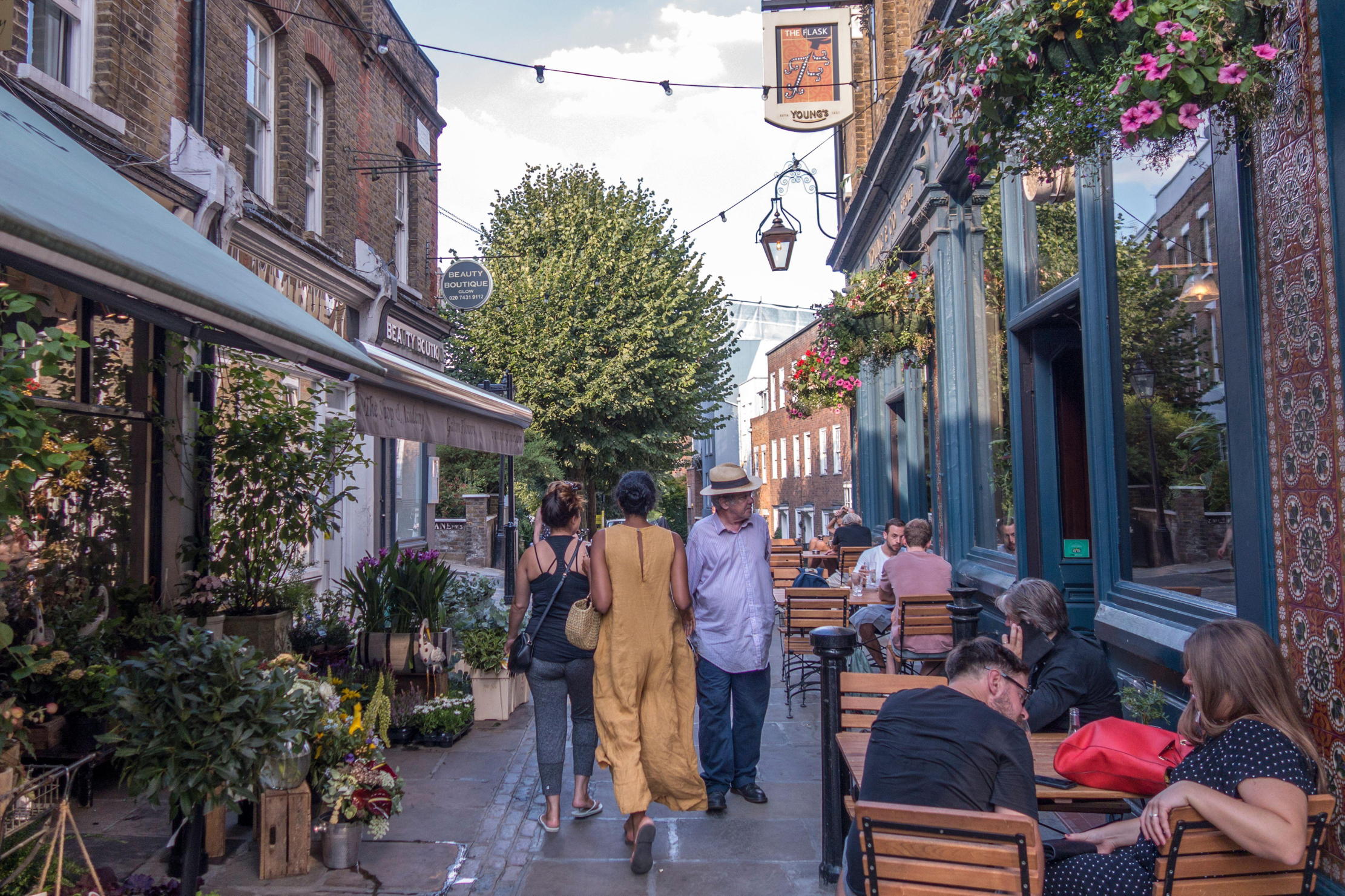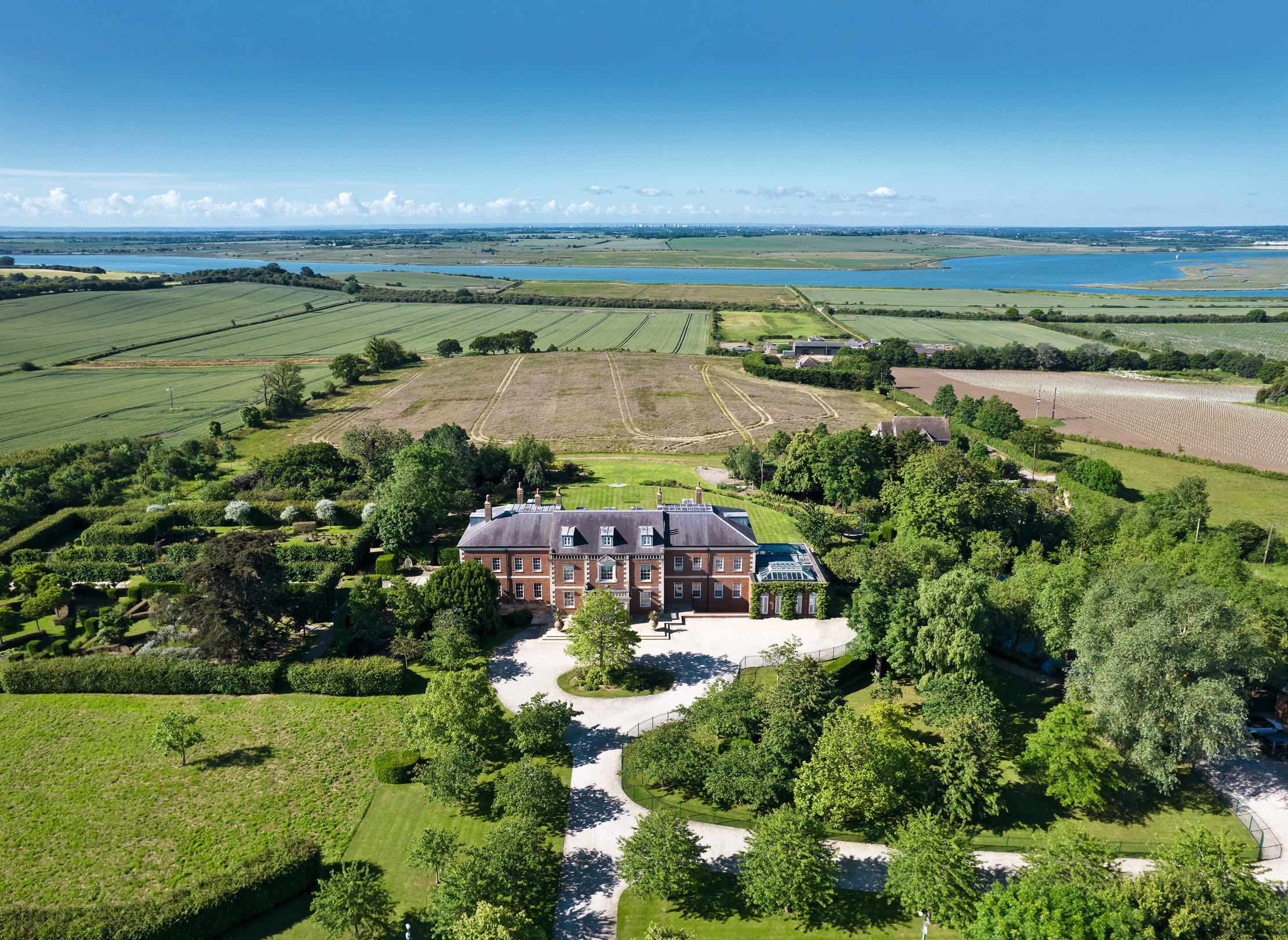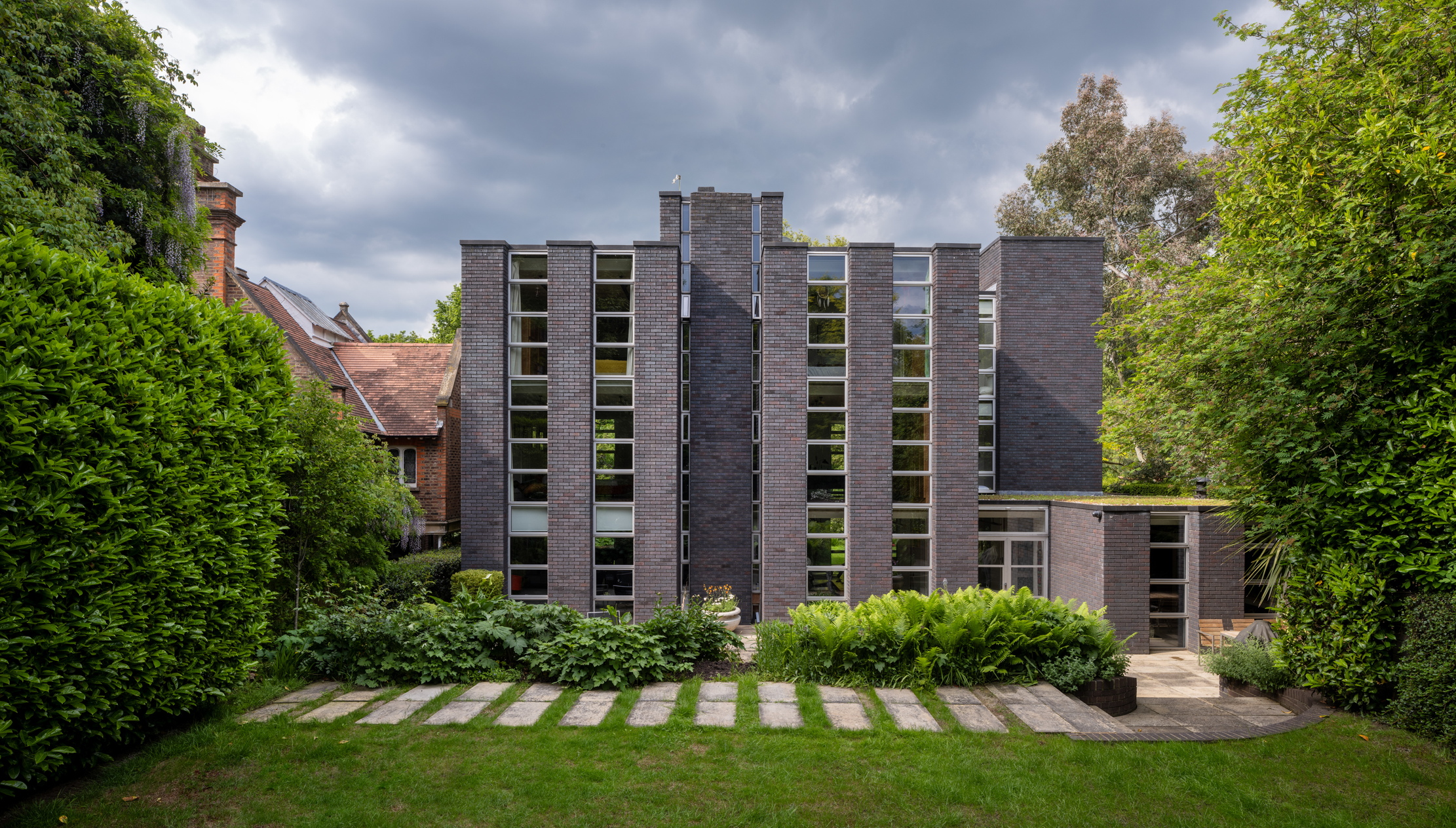How to find a place to live on one of Britain's great estates
Houses don't often come up for rent, let alone sale, within the great estates of the nation — but there are some tips you'll need to know if that's what you're after. Madeleine Silver explains more.


Ask Lord Rotherwick when the last time a cottage came up for rent on his 5,000-acre Cornbury Park in Oxfordshire and he’ll struggle to remember. ‘We haven’t had one come up for well over a year,’ says the 65-year-old owner, who downsized to a smaller estate house from Grade I-listed Cornbury House in 2016.
‘It’s the tranquil environment that people enjoy the most. But you have great difficulty if you want to get the cottages back — people love them dearly.’
Rupert Sturgis at Knight Frank in Cirencester agrees that ‘estate cottages are as rare as hen’s teeth… Current estates tend to hold onto them. They either have retained staff in them or they’ve done them up and earn a very good rental income from them because of the beauty of that environment.
‘If you take the big estates around here in Gloucestershire,’ he continues, ‘such as Badminton or Bathurst, they’re in the most amazing locations and they’re unspoilt, because they have one landlord. A lot of the estates are now so popular, they have their own letting agents, as well as long waiting lists.’
'Get in a rental position, be cashed up and ready to go'
The appeal is obvious: a five-bedroom farmhouse on the Badminton estate — within reach of Bath and Bristol — available to rent for £2,950pcm, is worthy of a children’s picture book. ‘They don’t make period properties anymore, so there’s huge demand and limited supply,’ says Mr Sturgis. ‘You have people who want a full-time home, a second home or an occasional retreat, so you’re competing with an awful lot of folk.’
At the Cornbury estate, Lord Rotherwick estimates that 30% of the properties are second homes. ‘As a weekender, you’re plugging into an existing network,’ says Philip Eddell, head of country and London house consultancy at Savills, pointing to the ease of living in a well-managed landscape. ‘There will be a community feel and people living and working on the estate who will keep an eye out.’
Slick in-house maintenance teams are another enviable perk. ‘You know that when you phone up and say your tap’s leaking or your roof has a problem, you’ll be looked after. You’re dealing with a landlord who has multiple properties and knows how to manage them,’ explains Mr Sturgis.
Sign up for the Country Life Newsletter
Exquisite houses, the beauty of Nature, and how to get the most from your life, straight to your inbox.

For all of the charm of living amid rolling parkland, there a few cons to consider, warns Mr Eddell. ‘You’re not top dog, because there’s always a landlord and if you want to have wild parties, that’s probably not going to go down well,’ he says. ‘And although estate houses will normally be very well maintained, totally compliant and the minimum standards done very well, it might be a bit no frills, because it’s not an owner-occupier who’s lived in the house.’
'We probably only advertise 10% of the properties that come up'
None of this makes clinching a property any easier for hopeful tenants, who are advised to scour estates’ websites and social-media feeds for vacant properties. ‘Most of our tenants have been in the properties for a number of years and they don’t tend to go in a hurry,’ says Ralph Peters at Bidwells in Perthshire. ‘We operate a waiting list, but often the landlord will prefer word of mouth. If a house is empty, it’s likely someone will have heard it’s coming up for rent before it’s vacated and get their name down. We probably only advertise 10% of the properties that come up.’
Buying can be an even rarer prospect. As Lord Rotherwick says, keeping the fabric of the estate intact is top of the agenda. ‘It’s very much client dependent and about what the estate strategy is, depending on what they have, what might be surplus and what might appeal in the market,’ says Ross Low at Bidwells in Perthshire, with buyers advised to do their homework as usual about services and plans for the estate.
‘If an estate is offering a property for sale, there’s a good chance it has been tenanted and had a secure occupant for some time. Often, the property remains as it was when originally built, with lots of period features and scope to modernise, which is exciting for purchasers who want to put their own stamp on it, subject to planning,’ says Mr Sturgis.
‘We recommend to anyone hoping to buy that they move down, get in a rental position, be cashed up and ready to go, so that when the right property does come up, they can pounce.’
Country Life is unlike any other magazine: the only glossy weekly on the newsstand and the only magazine that has been guest-edited by HRH The King not once, but twice. It is a celebration of modern rural life and all its diverse joys and pleasures — that was first published in Queen Victoria's Diamond Jubilee year. Our eclectic mixture of witty and informative content — from the most up-to-date property news and commentary and a coveted glimpse inside some of the UK's best houses and gardens, to gardening, the arts and interior design, written by experts in their field — still cannot be found in print or online, anywhere else.
-
 ‘It had the air of an ex-rental, and that’s putting it politely’: How an antique dealer transformed a run-down Georgian house in Chatham Dockyards
‘It had the air of an ex-rental, and that’s putting it politely’: How an antique dealer transformed a run-down Georgian house in Chatham DockyardsAn antique dealer with an eye for colour has rescued an 18th-century house from years of neglect with the help of the team at Mylands.
By Arabella Youens Published
-
 You're having a giraffe: Country Life Quiz of the Day, April 25, 2025
You're having a giraffe: Country Life Quiz of the Day, April 25, 2025Friday's Quiz of the Day brings your opera, marathons and a Spanish landmark.
By Toby Keel Published
-
 A home cinema, tasteful interiors and 65 acres of private parkland hidden in an unassuming lodge in Kent
A home cinema, tasteful interiors and 65 acres of private parkland hidden in an unassuming lodge in KentNorth Lodge near Tonbridge may seem relatively simple, but there is a lot more than what meets the eye.
By James Fisher Published
-
 A rare opportunity to own a family home on Vanbrugh Terrace, one of London's finest streets
A rare opportunity to own a family home on Vanbrugh Terrace, one of London's finest streetsThis six-bedroom Victorian home sits right on the start line of the London Marathon, with easy access to Blackheath and Greenwich Park.
By James Fisher Published
-
 A tale of everyday life as lived on Britain's most expensive street
A tale of everyday life as lived on Britain's most expensive streetWinnington Road in Hampstead has an average house price of £11.9 million. But what's it really like? Lotte Brundle went to find out.
By Lotte Brundle Last updated
-
 Damon Hill's former home in Marbella is the perfect place to slow down
Damon Hill's former home in Marbella is the perfect place to slow downThe glorious Andalusian-style villa is found within the Lomas de Marbella Club and just a short walk from the beach.
By James Fisher Published
-
 A 327-acre estate in the heart of 'England’s Côte d’Or', with a 26,000sq ft Georgian style home at its heart
A 327-acre estate in the heart of 'England’s Côte d’Or', with a 26,000sq ft Georgian style home at its heartStokes Hall in the Crouch Valley is an inspiring property looking for a new owner.
By Penny Churchill Published
-
 Schreiber House, 'the most significant London townhouse of the second half of the 20th century', is up for sale
Schreiber House, 'the most significant London townhouse of the second half of the 20th century', is up for saleThe five-bedroom Modernist masterpiece sits on the edge of Hampstead Heath.
By Lotte Brundle Published
-
 Is the 'race for space' officially over?
Is the 'race for space' officially over?During the lockdowns, many thought the countryside was the place to be. It seems many are now changing their minds.
By Annabel Dixon Last updated
-
 What's a 'wellness village' and will it tempt you back into the office?
What's a 'wellness village' and will it tempt you back into the office?The team behind London's first mixed-use ‘wellness village’ says it has the magic formula for tempting workers back into offices.
By Annunciata Elwes Published
